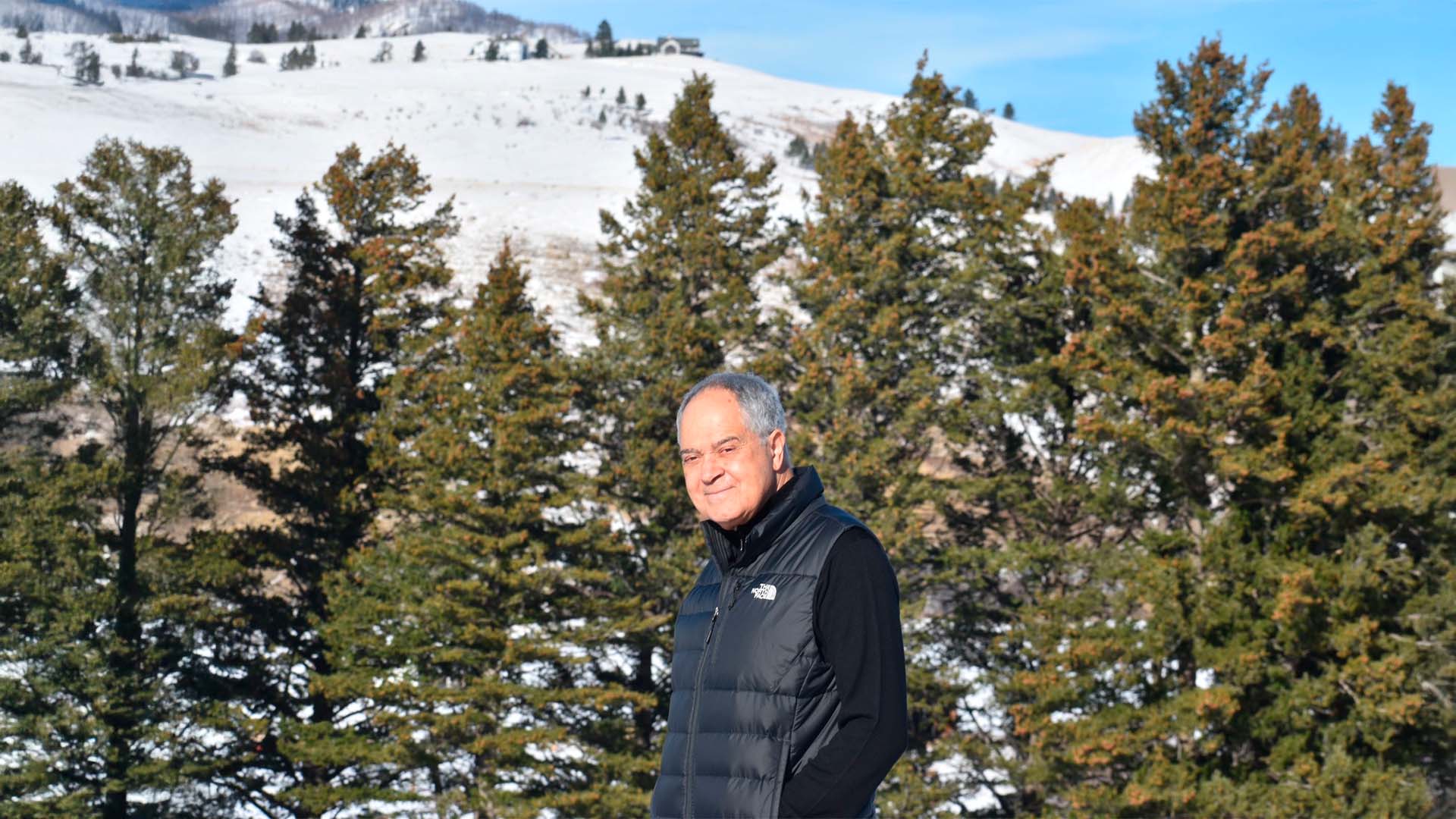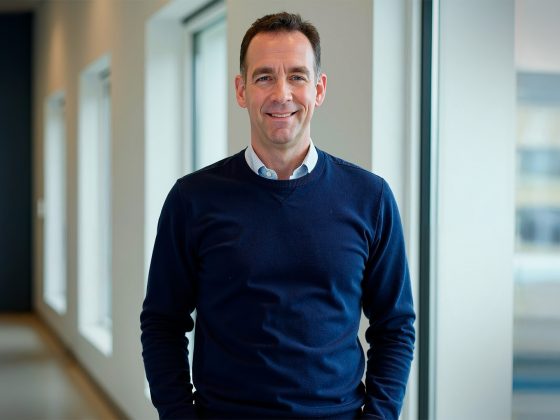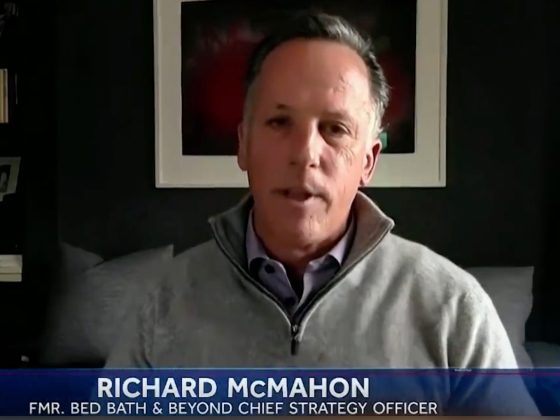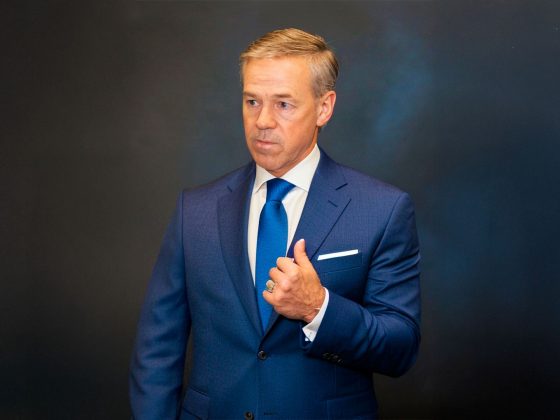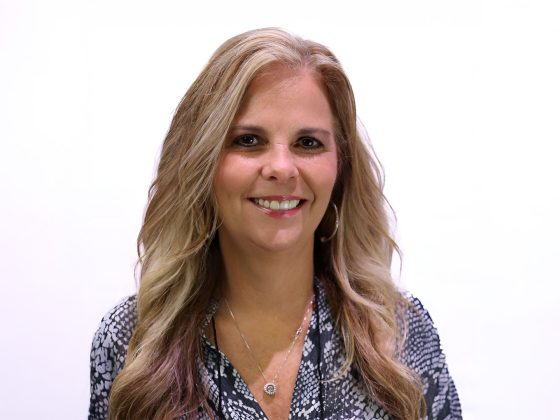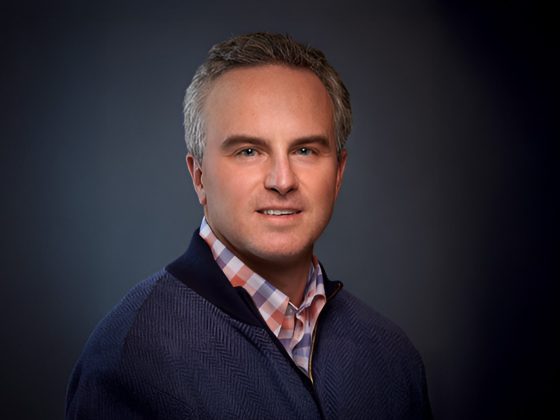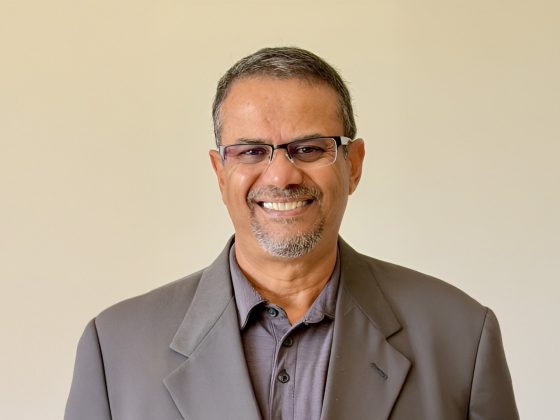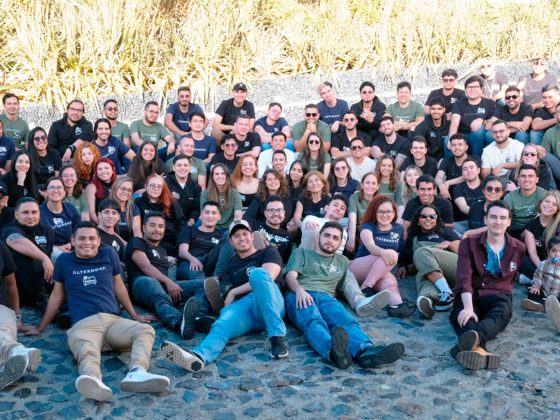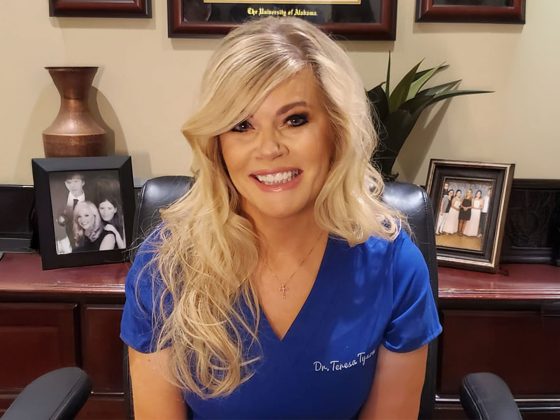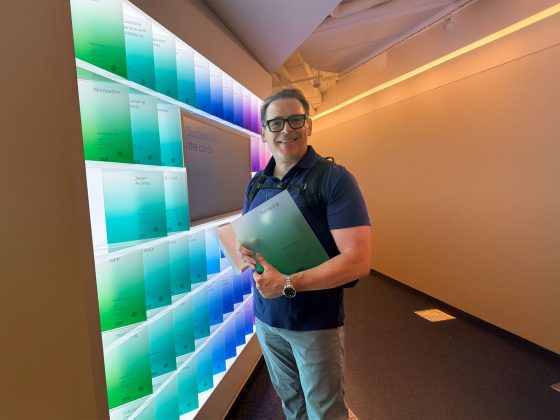Cancer has a timing problem. Most diagnoses still happen after symptoms appear, often when the disease has already gained the upper hand. Frederic Scheer believes this approach is backwards and has spent the last 30 years building technology to prove it. As CEO of ALERCELL, Scheer is working on solutions that could change how we detect cancer before it has a chance to get the jump on patients.
Reshaping Cancer Care Through Innovation
Scheer did not set out to revolutionize cancer care. His career path took him through biotechnology, diagnostics, and sustainability, each experience reinforcing a key lesson: groundbreaking science only makes a difference when paired with strong business execution. “I have spent more than 30 years leading innovation across biotechnology, diagnostics, and sustainability,” he says. “Today, I lead a molecular diagnostic company focused on one mission: transforming oncology care through precision and speed.”
For Scheer, the work is not just about building better tests. His team takes a holistic approach, looking at the entire journey from the lab bench to the patient’s bedside. “Our work is driven by science, shaped by technology, and centered on patients,” he explains. That patient-first mindset drives every decision they make, even when the science is complex.
Shifting From Reactive to Proactive Diagnosis
Most cancers are discovered reactively. A patient feels unwell, doctors begin testing, and everyone hopes it is early enough. Scheer wants to change that. His team at ALERCELL is developing AI-powered tools designed to detect cancer before symptoms arise. “Early detection is everything,” Scheer emphasizes. “We are using AI-powered molecular diagnostics to detect leukemia and lung cancer at their earliest stages, before symptoms appear.” The technology acts like an early warning system, reading genetic markers to identify risks before they manifest. Scheer compares it to catching a fire when it sparks rather than when the smoke alarm goes off. “Our technology leverages genetic markers to deliver fast, accurate results, allowing physicians to act sooner and save lives,” he explains.
Integrating Precision With Accessibility
Breakthrough medical technologies often remain confined to elite hospitals, out of reach for most patients. Scheer has seen this pattern far too often. “Precision diagnostics often come with high cost and limited reach. We are changing that,” he says. His team designs ALERCELL’s platform with scalability in mind, ensuring it can serve small-town clinics as effectively as top-tier medical centers. “Our platform is built to bring cutting-edge cancer detection to under-resourced regions, not just elite institutions,” Scheer explains. His belief is simple: “Everyone deserves a timely diagnosis, no matter where they live.”
Innovating at the Intersection of AI and Genomics
Scheer’s vision is shaped by decades of experience, including time at Harvard and MIT, where he saw the early convergence of artificial intelligence and genomics. “Through studies at Harvard and MIT, I have seen firsthand how AI and genomics can redefine healthcare,” he shares. But turning that potential into practical solutions requires more than research. It demands innovation that anticipates the future.
The breakthrough, Scheer argues, lies in moving beyond analyzing past data to predicting what comes next. “We are applying this insight daily, developing tools that do not just analyze but predict,” he says. “This is not just progress, it is a paradigm shift in how we think about disease.”
A Call to Transform Oncology Care
Scheer’s vision goes beyond better diagnostic tools. He wants to reshape the entire cancer care ecosystem, from early detection to personalized treatment, ensuring these advancements reach patients everywhere. “Transforming oncology care means thinking ahead, diagnosing earlier, personalizing treatment, and reaching more lives,” he explains. He knows this cannot be done in isolation. “We are not just imagining that future, we are building it,” Scheer says. “I invite healthcare leaders, innovators, and others to join us in that fight.” Cancer touches everyone, yet access to life-saving technology remains uneven. Scheer is betting that with smarter tools, broader reach, and relentless innovation, we can finally start to change those odds.
Follow Frederic Scheer on LinkedIn for insights on AI-powered diagnostics and the future of cancer care.
